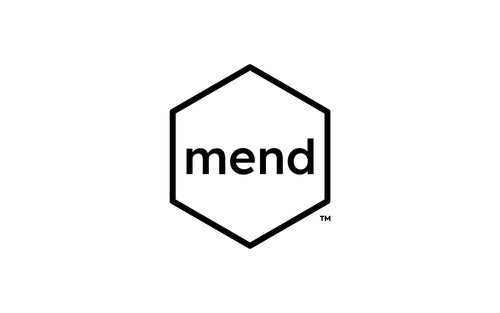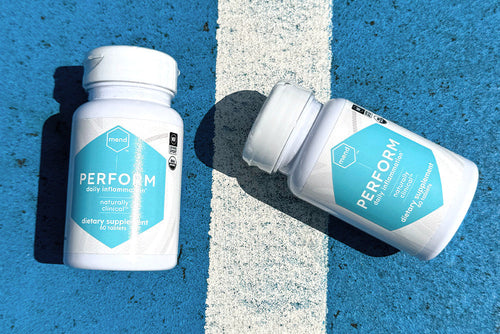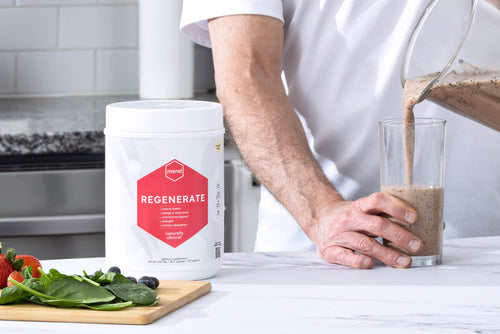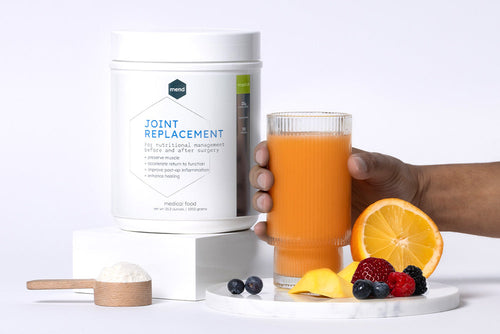
On The Blog
Healing Explored: Nurturing Your Recovery + Wellness
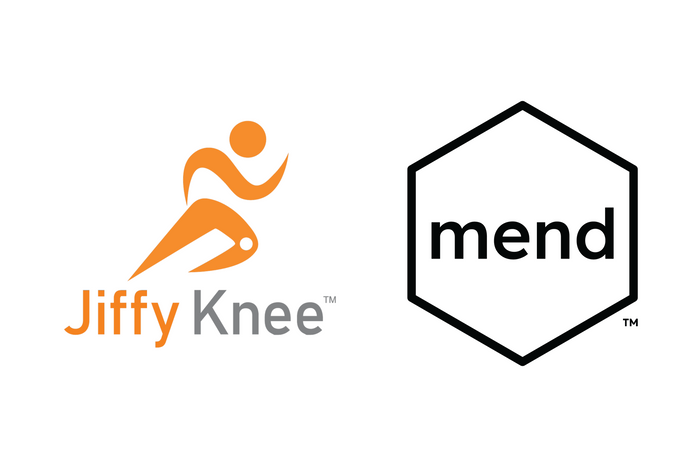
Featured
Mend + Jiffy Knee: A Breakthrough Alliance in Surgical Innovation and Patient Recovery
Mend has partnered with Jiffy Knee to combine cutting-edge surgical innovation with clinically validated nutrition and digital care, delivering faster, safer, and more complete recovery for knee replacement patients.
Read the Article

Featured
Mend Expands Upgraid™ to Address Obesity-Related Surgical Barriers and Drive Long-Term Wellness
Mend announces the expansion of Upgraid™, introducing new care pathways to address weight-related surgical barriers and support long-term patient health beyond the operating room.
Read the Article


